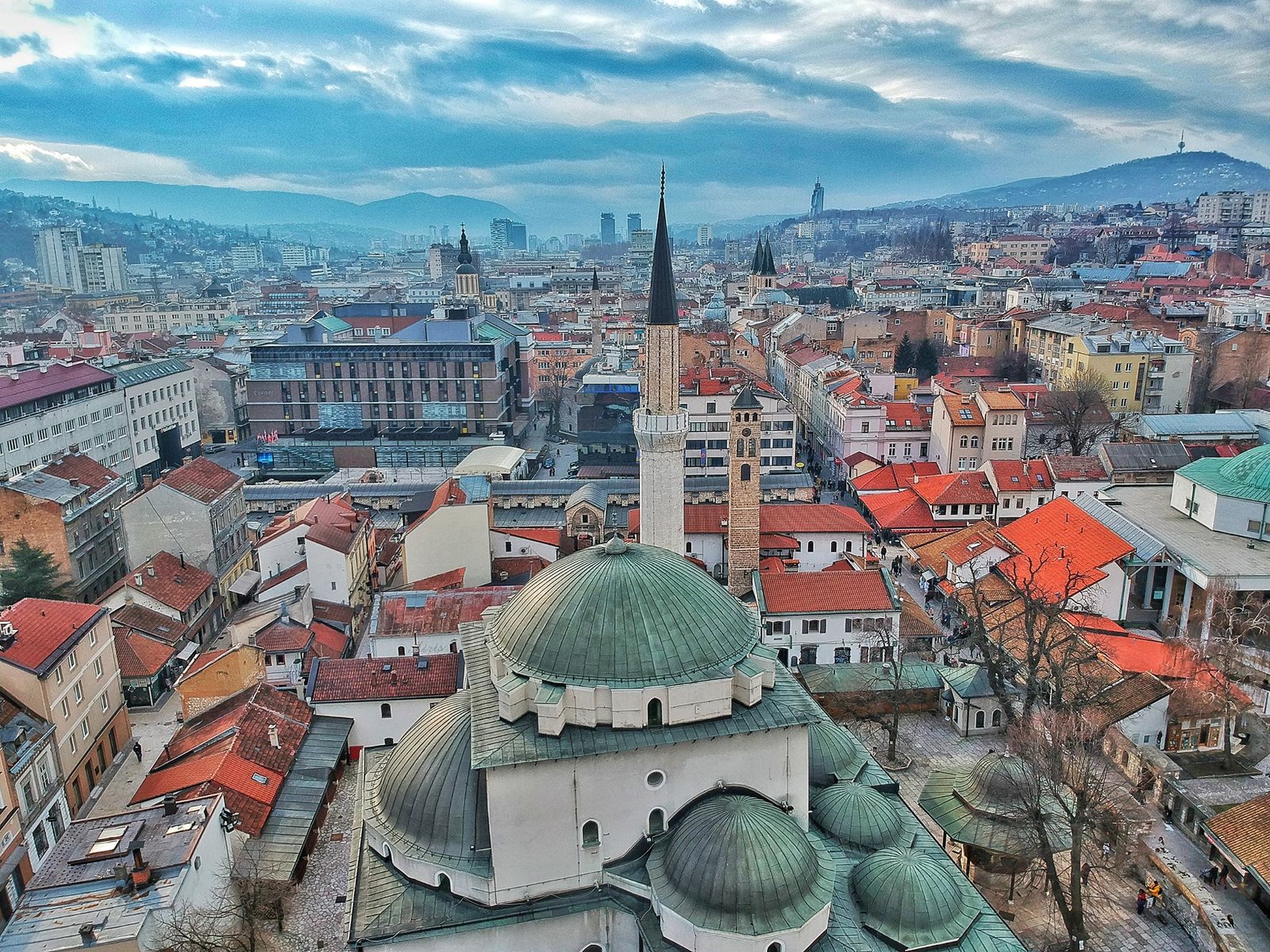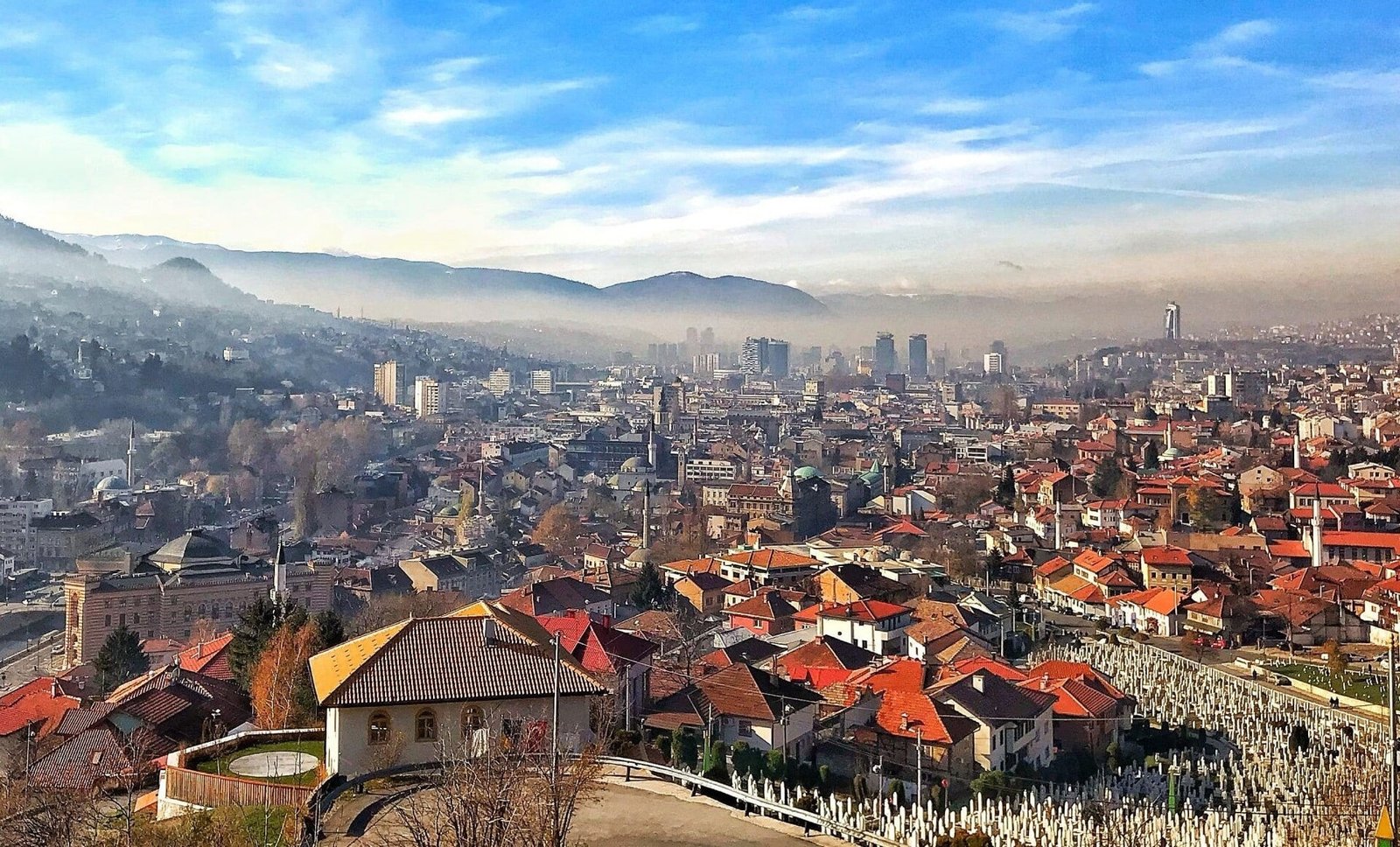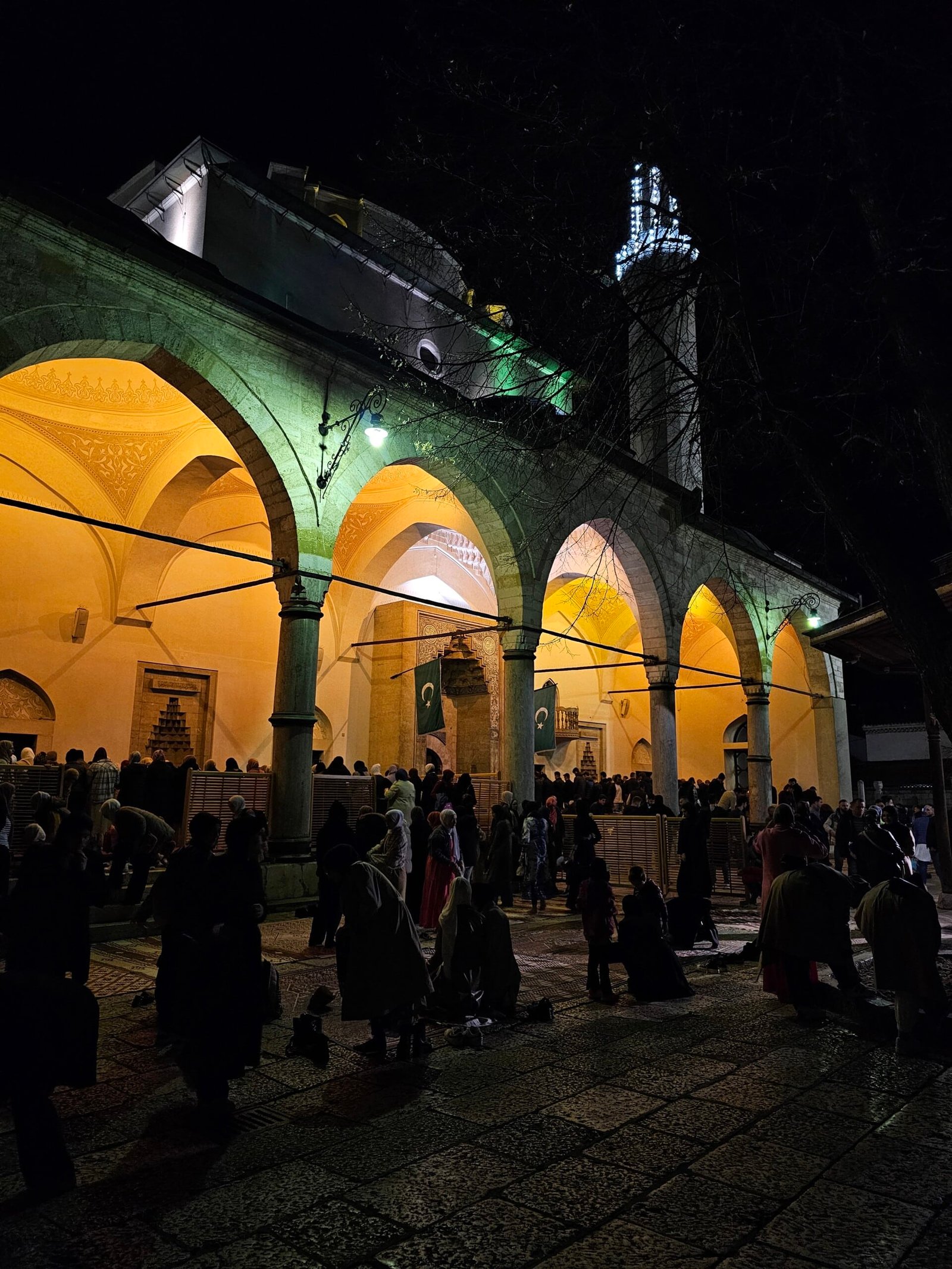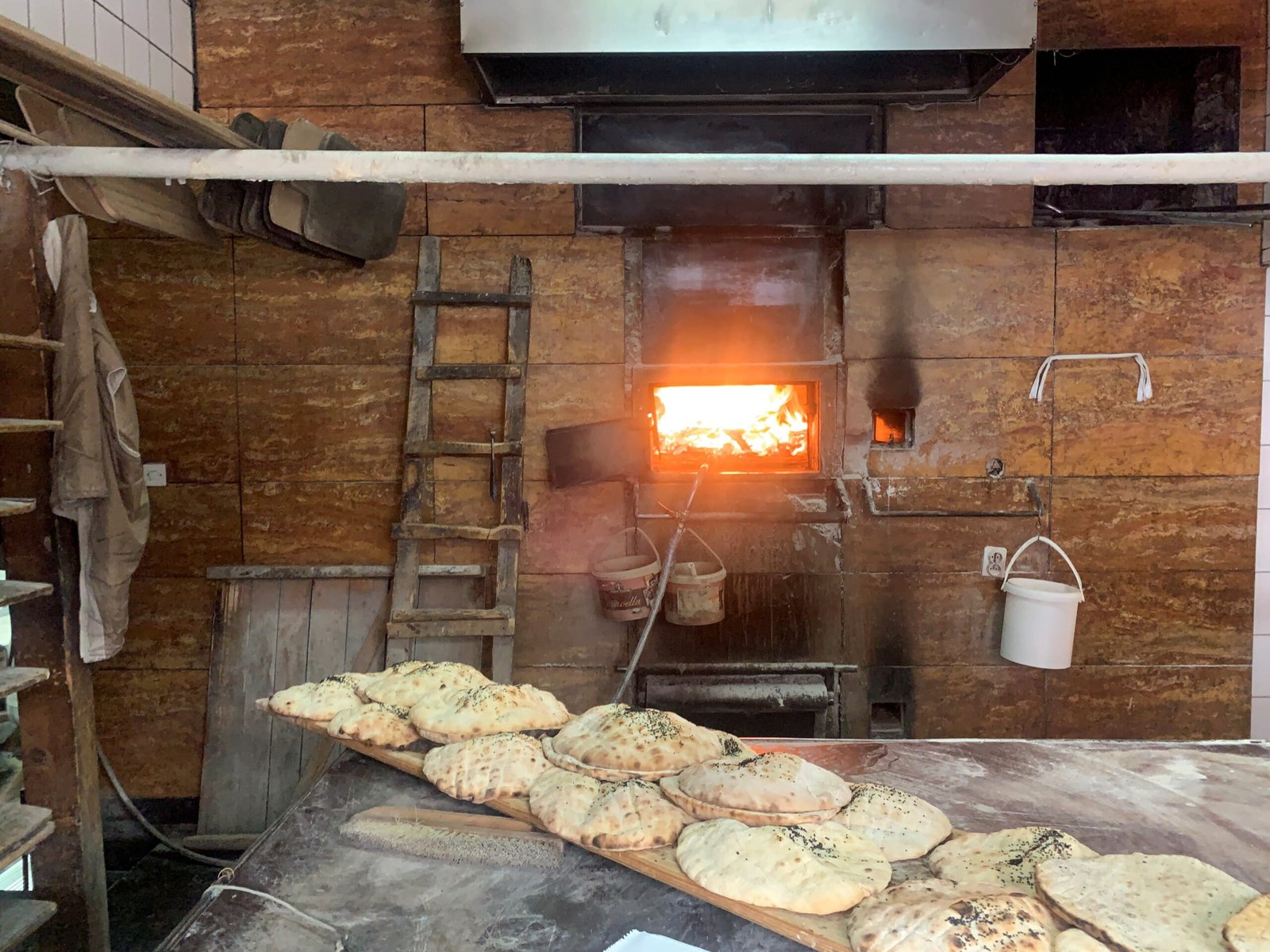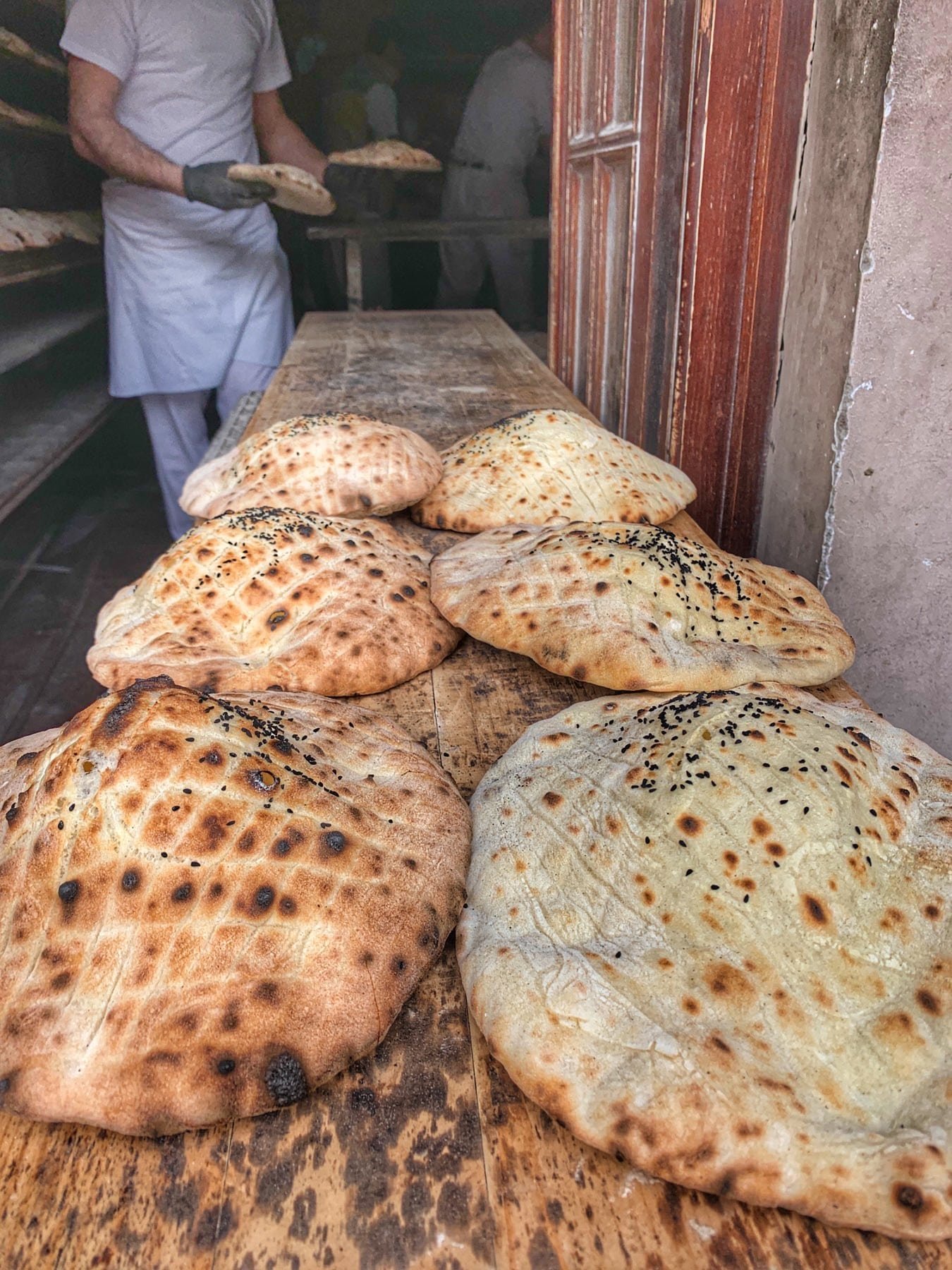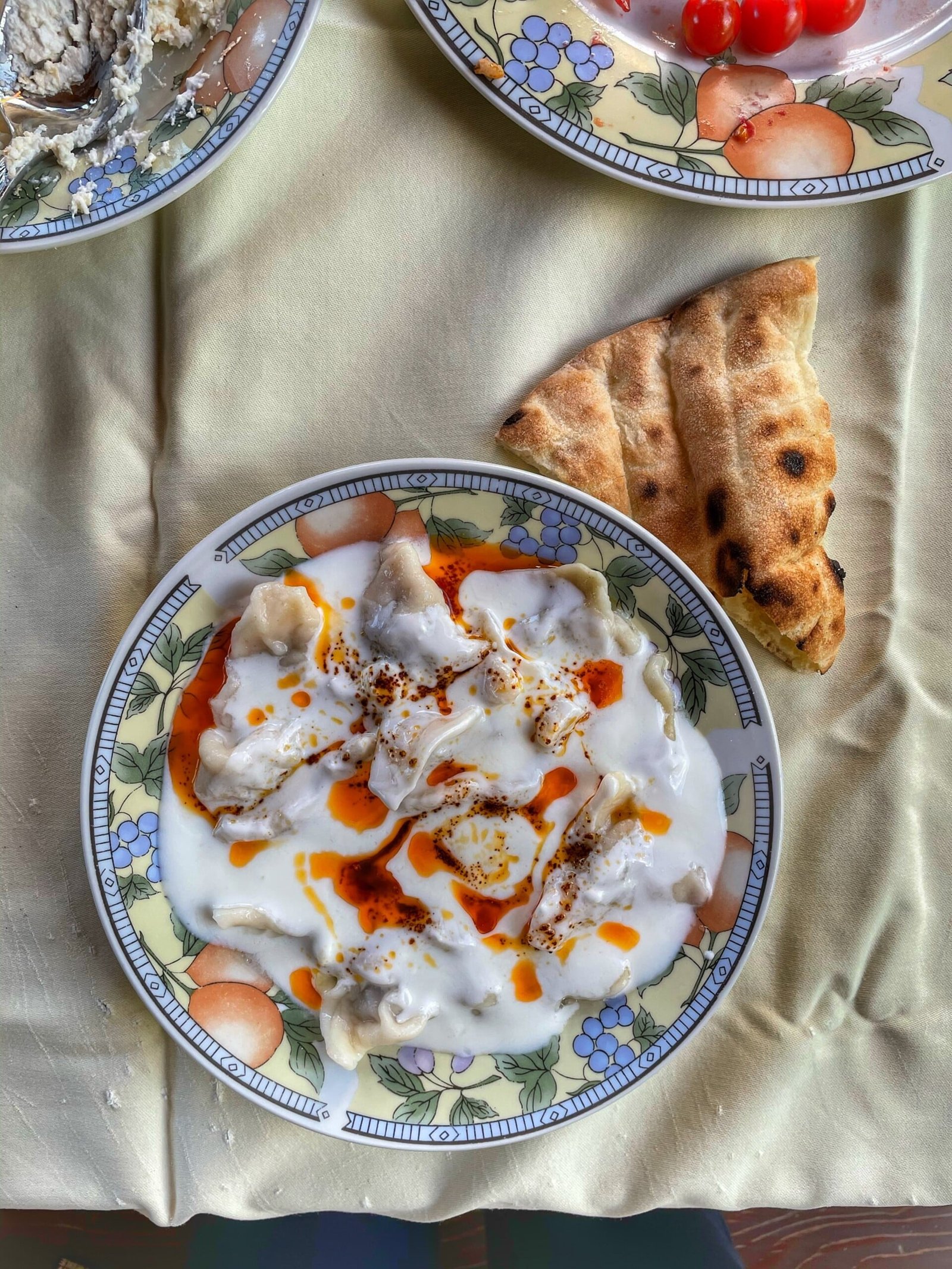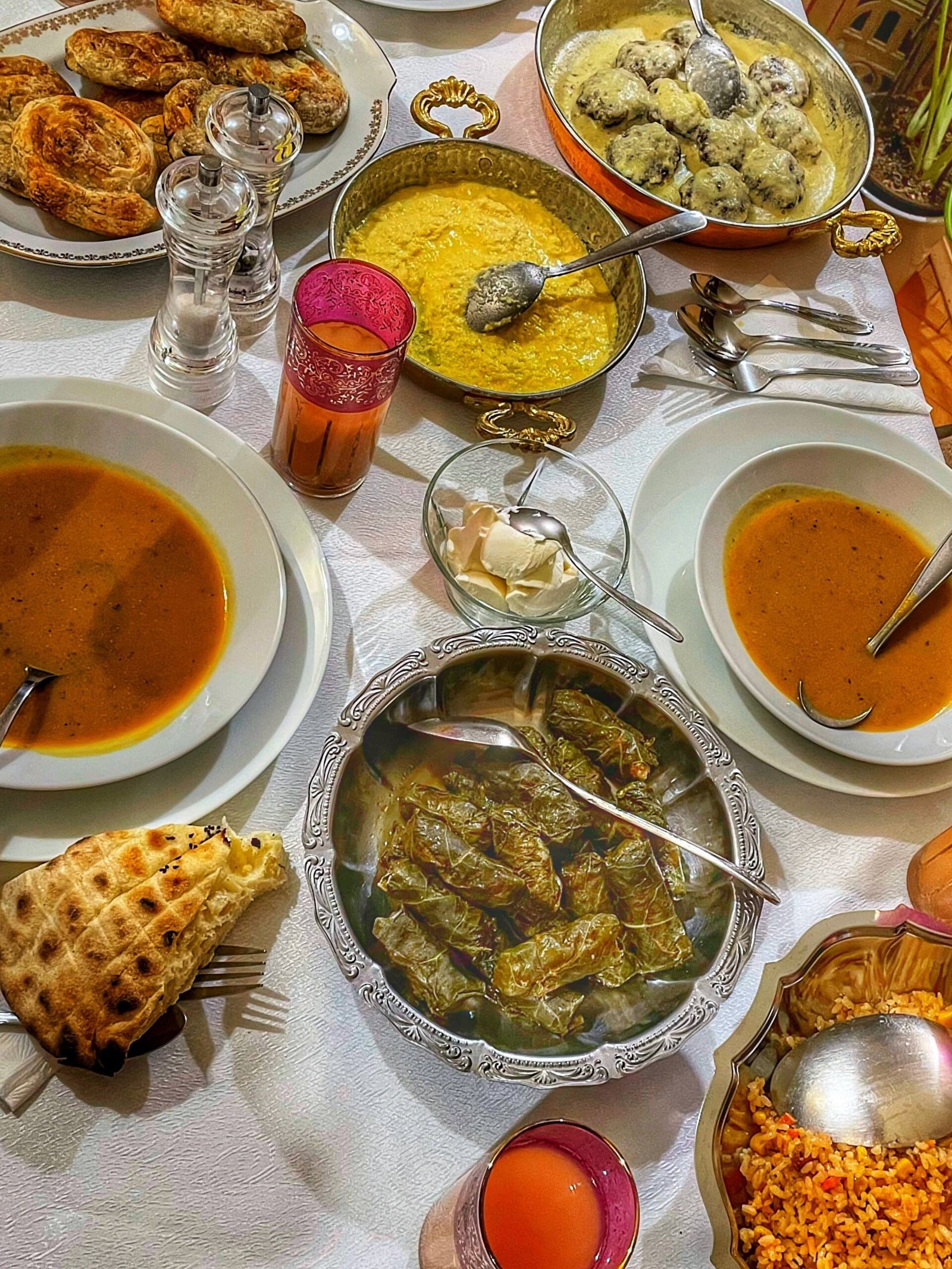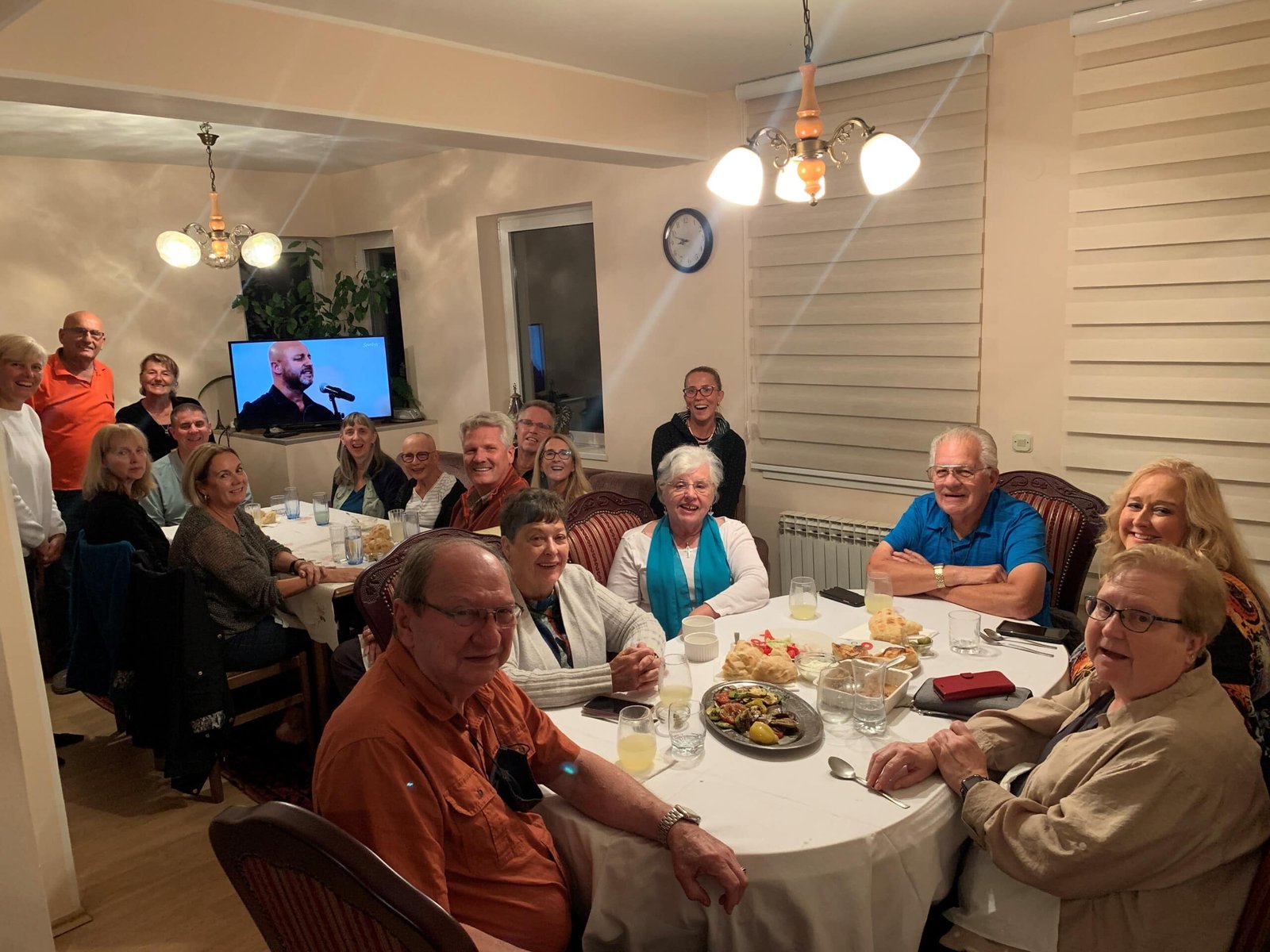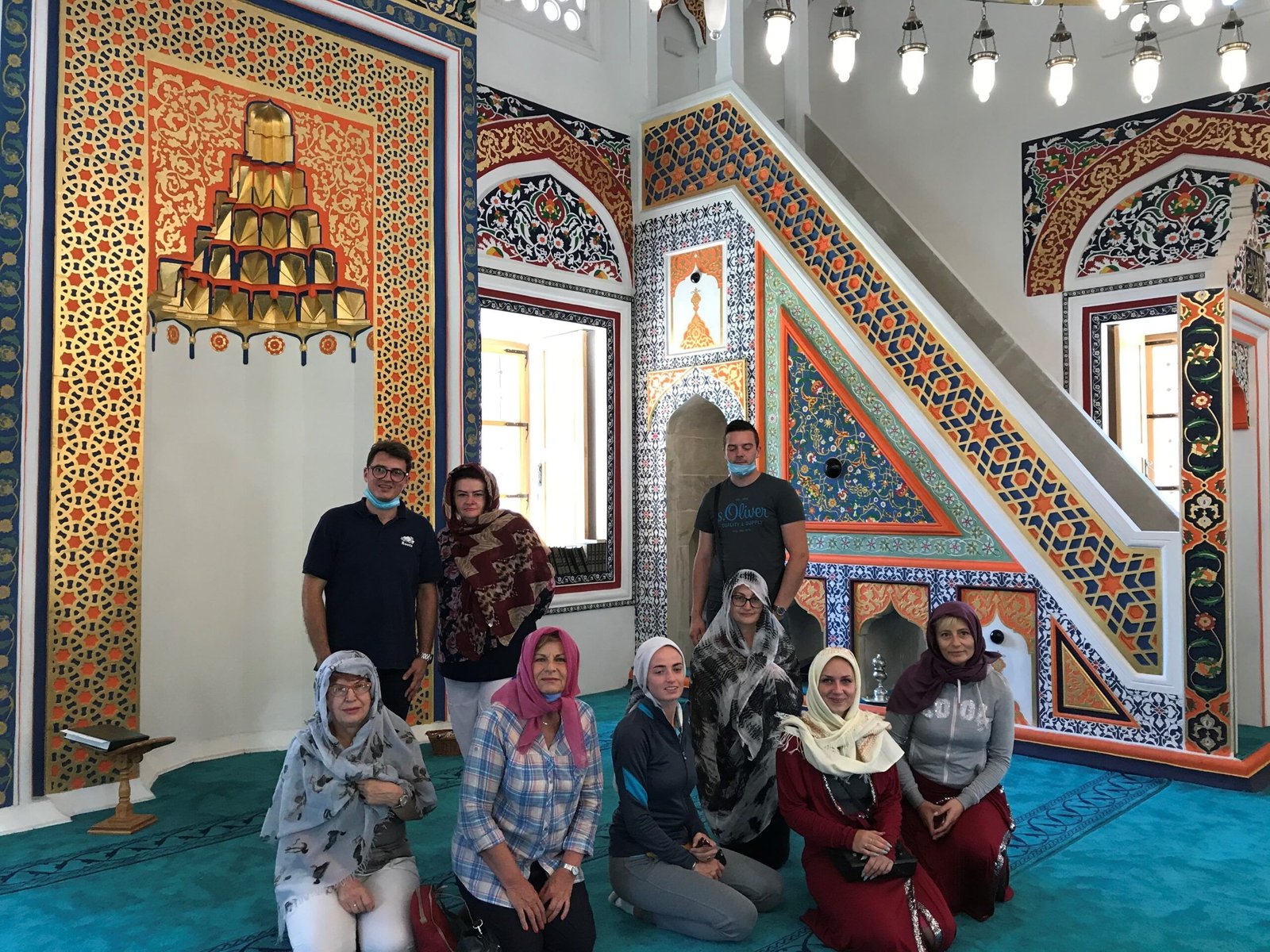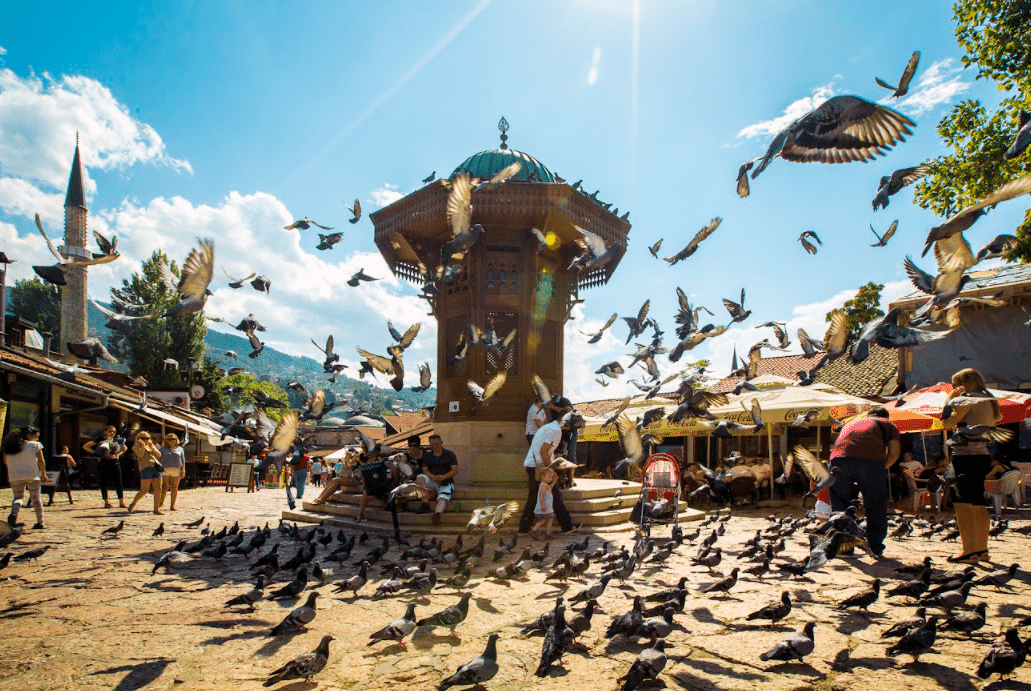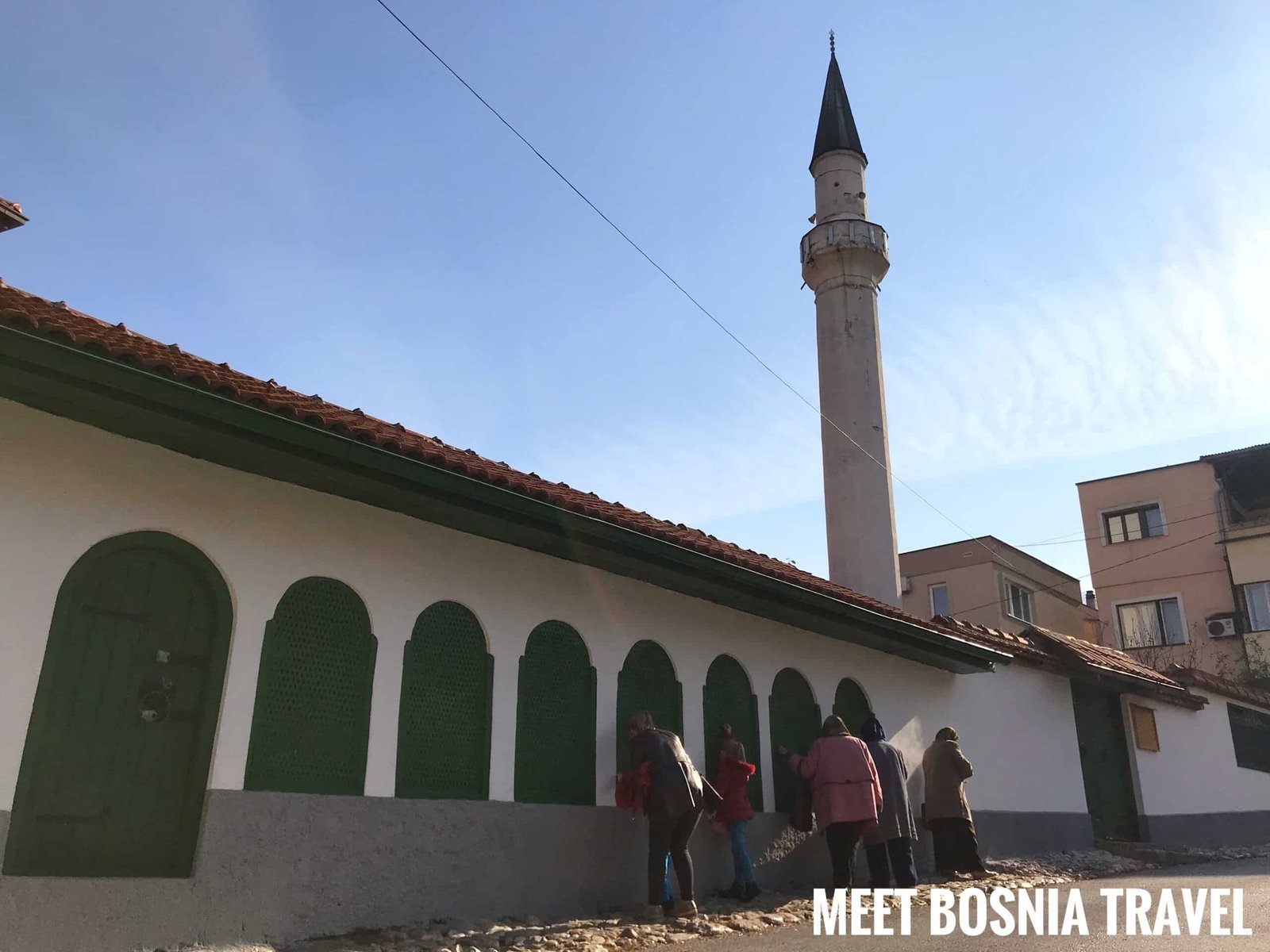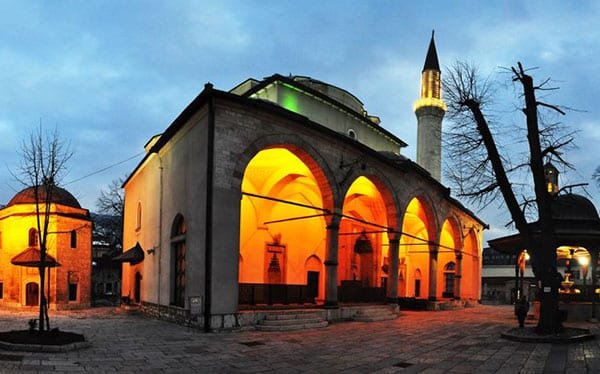Ramadan in Sarajevo | Incredible local guide for 2024
Every year, Ramadan in Sarajevo begins with a cannon shot from the Yellow Fortress, a tradition that has been cherished for over a century.
If you are interested in experiencing the best and the most unique Ramadan atmosphere in the whole of Europe, we invite you to check out our Ramadan tour in Sarajevo and book it. We only have 10 spots left for this year.
Ramadan tour in Sarajevo | March – April 2024 package
A Local Guide to Ramadan in Sarajevo
Bosnia and Herzegovina has a fascinating Islamic history! From the mid-15th century until the late 19th century, the country was under the Ottoman Empire for over 400 years. This led to the conversion of many people in the region to Islam, which remains the predominant religion today, embraced by around 50% of the population.
The Ottoman Empire’s influence on the religious and cultural heritage of Bosnia and Herzegovina is still evident. During the Bosnian War in the 1990s, the Muslim population of the country faced persecution, resulting in the deaths of tens of thousands of people and the displacement of millions. However, today, Bosnia and Herzegovina’s Muslim community practices their faith with great enthusiasm, celebrating Islamic traditions and customs with confidence and pride.
Sarajevo is an incredible city, often referred to as the ‘Jerusalem of Europe‘ due to its rich history of religious diversity and peaceful coexistence between different faiths. It’s truly amazing to see how people of different backgrounds can come together and thrive in such a beautiful place.
Ramadan traditions
Every year, Ramadan begins with a resounding cannon shot from the Yellow Fortress, a tradition that has been cherished for over a century. Despite being interrupted during the communist rule, this wonderful tradition was revived in the early 1990s and continues to be celebrated to this day. But now, we can all come together to enjoy this amazing cultural experience.
It’s hard to believe that after World War II and the arrival of the communists, firing the cannon was prohibited! Right after 1997, the cannon from the Yellow Fortress resounded once again! Before the iftar in Sarajevo, all preparations and checks are carried out.
Once the cannon barrel, gunpowder, fuses, and igniters are ready, the person in charge looks at the clock, waiting for the hands to align. Suddenly, a blast is heard, a beautiful rose blooms in the sky above Sarajevo, candles are lit in the mosques, and iftar begins to the delight of those fasting. It’s truly a magical moment! Please check the Ramadan prayer timetable on the provided link: https://vaktija.ba/
In Bosnia and Herzegovina, Muqabala is a significant tradition during Ramadan! It involves the collective recitation of the Quran, mainly in mosques, and is derived from the Prophet’s practice with the angel Gabriel. The Hafiz Muqabala tradition, which has evolved, is highly esteemed among Bosniaks.
Did you know that the first female Hafiz Muqabala took place from 1903 to 1907 in Potok Mahala, led by Hafiz Jusuf ef. Grozdanić? In 1953, the incredible Hafiza Fatima Zulfikarpašić organized the very first female Hafiz Muqabala in the beautiful Hadžija Mosque of Sarajevo! Her passion for bringing together female Hafizes during Ramadan was truly inspiring and she continued to do so every year.
Sarajevo is truly a remarkable city that embraces a diverse range of spiritual practices, including the beautiful tradition of Zikr. The city’s approach to Ramadan celebrations is a testament to its unique position as a place of religious coexistence and cultural diversity.
In addition to the vibrant celebrations, Sarajevo is also home to Tekkes, which are Sufi lodges where Zikr is practised during Ramadan. These Tekkes serve as welcoming spaces where Sufi Muslims come together to perform Zikr, reciting the names of Allah and other prayers in a rhythmic and uplifting manner. The Tekkes in Sarajevo are open to visitors, making it possible to attend Zikr sessions during Ramadan.
Morića Han in Sarajevo is an incredible historical gem, and the last preserved caravanserai in the region, dating back to the 17th century. Originally, it was a resting place for travellers, accommodating up to 300 passengers and 70 horses. Thanks to the restoration efforts of Gazi Husrev Bey’s endowment (waqf), it now stands as a must-see attraction.
Visitors can enjoy an authentic experience with Bosnian coffee, traditional food, and sevdalinka music, making it a truly unforgettable experience. During Ramadan, it gained even more prominence, with famous nasheeds heard after the Tarawih prayer.
The Gazi Husrev Beg Waqf in Sarajevo, built in the 16th century by Ottoman governor Gazi Husrev Beg, includes a mosque, madrasa, and more. The Gazi Husrev Beg Madrasa, founded in 1537 CE, follows the style of Istanbul madrasas. The 500-year-old Gazi Husrev Beg Mosque is a notable Ottoman complex. This waqf reflects Gazi Husrev Beg’s impactful contributions to Sarajevo’s development and cultural progress in the Balkans.
In the past, when the Ottomans arrived in these regions, people used homemade candles for lighting in homes and mosques. These unique candles, purchased at the Bazaar, were thin and small, carried on specially crafted wooden boards to create a special atmosphere during significant nights.
Zakat al-Fitr is an amazing and essential donation that all Muslims are obliged to make during Ramadan! It not only purifies and completes one’s worship for Ramadan, but it also helps those in need, which is a fundamental aspect of the Islamic tradition.
This practice aligns perfectly with the broader Islamic tradition of giving to those in need, especially during the holy month of Ramadan. So, let’s make sure we all contribute to this noble cause by following the link! https://zekat.ba/uplata-zekata-2/
Ramadan food
During Ramadan in Sarajevo, it is customary to enhance the iftar meal with a soup-like dish called Topa. This delicious dish is made from kaymak (clotted cream), cheese, and eggs, and is a must-try for both Muslims and non-Muslims attending the open-air iftar, organized by the Islamic Community in Bosnia and Herzegovina, which marks the end of the daily Ramadan fast at sunset.
The fast is typically ended by consuming Ramadan dates and a beverage such as water, lemonade, or juice. Sarajevo’s rich coffee culture, thick and strong, served with a sugar cube alongside, reflects the city’s cultural heritage and history. Many families use traditional copper devices to grind and brew coffee during Ramadan, adding to the unique experience of the holy month.
Ramadan in Bosnia and Herzegovina is a wonderful opportunity to promote the spirit of takaful (sponsorship), settle debts, and collect donations for the less fortunate.
The Ma’edet Al Rahman (Mercy Table) in Bosnia is a great example of how people of all religions can come together and share meals with non-Muslim counterparts. This act holds particular significance during this month, as it promotes unity and understanding.
It’s amazing to think about how the Sarajevo bazaars were once overflowing with delicious food during Eid, especially for the lucky pigeons who were treated to extra wheat and corn. And how heartwarming to imagine the women waking up early during Suhoor to prepare hot pies for those fasting. Ramadan was viewed as a time for spiritual cleansing and personal growth, rather than just a fast. Truly, it is a beautiful garden of human virtues that are deeply appreciated during this special time.
Did you know that every day in Sarajevo, bakeries hand-form around 3,000 flatbreads in just one minute? And some masters can even do it in just 40 seconds! It’s no wonder these traditions are so beloved in Sarajevo! These flatbreads are sold year-round, but during Ramadan, they hold a special charm with their fragrant aroma wafting through the bazaars and the beautiful Ramadan jewellery adorning the flatbread itself.
And let’s not forget about the refreshing Ramadan drink made from grapes, which provides strength for prayer. When it comes to desserts, have you tried kadaif? It’s made using a special pan called a kadaifnjak, and the result is delicious! The kadaif is carefully flipped to ensure even baking and distribution of fat, making it the perfect treat for any occasion.
When you decide it is finally the time to visit and experience the uniqueness of Ramadan in Sarajevo, we recommend you to read our “Ramadan in Sarajevo” article that will give you the most complete insight into Ramadan in Sarajevo and its long-lasting tradition.
Follow us on our Facebook and Instagram accounts where we regularly post our activities or get in touch with us and we will be your tour guides.
If you are a traveller who would like to add something to our list, or you know some amazing facts about this city, make sure you contact us with the message subject “Suggestions Meet Bosnia”. Looking forward to hearing from you!


